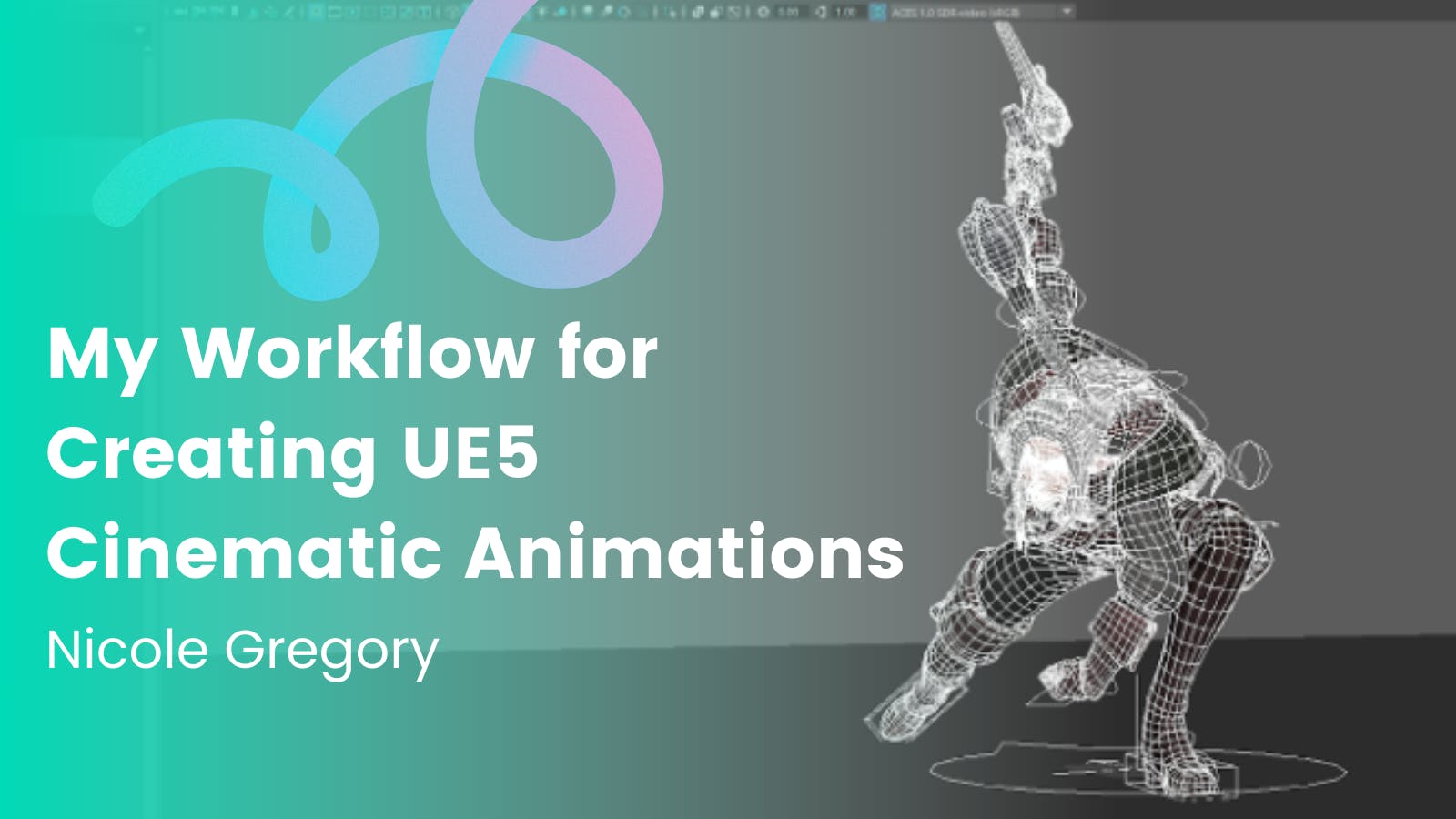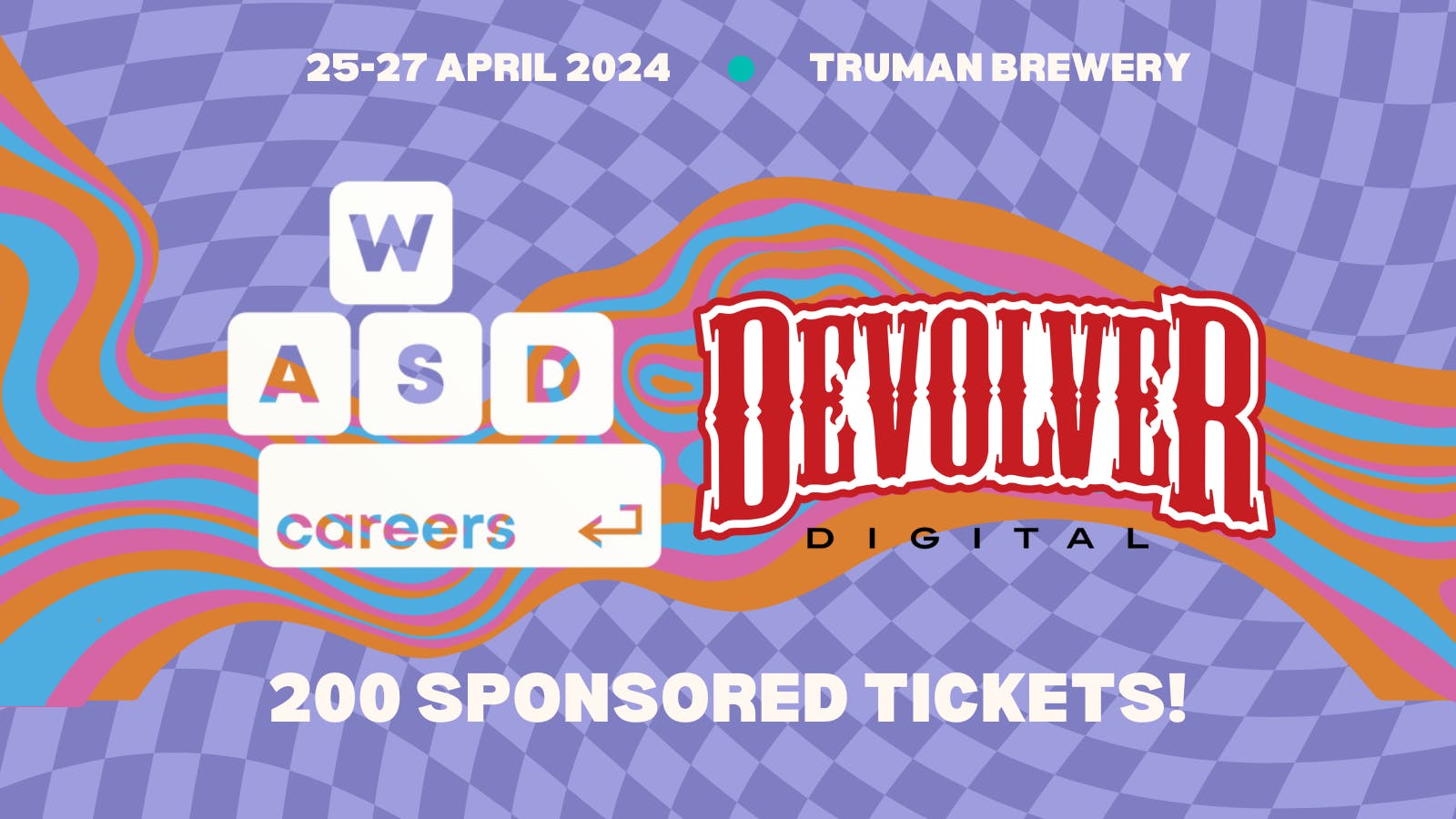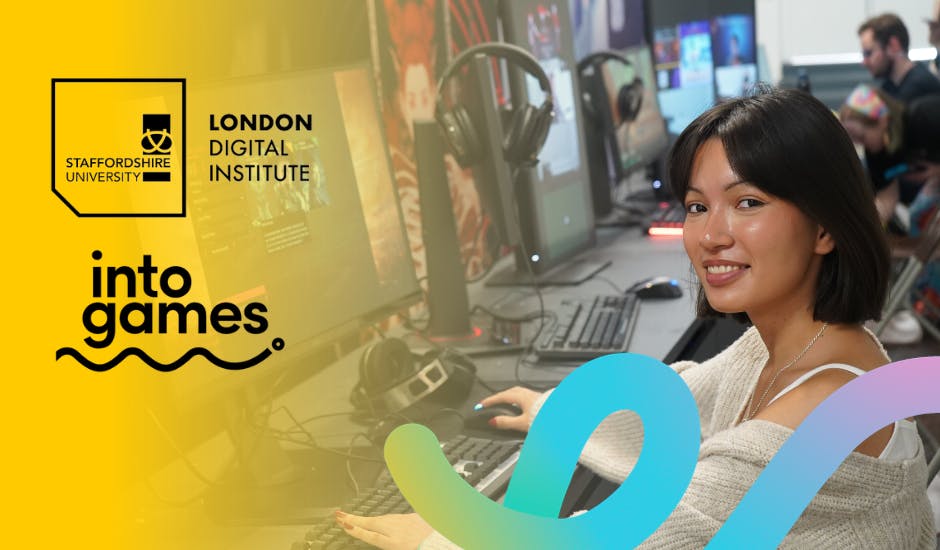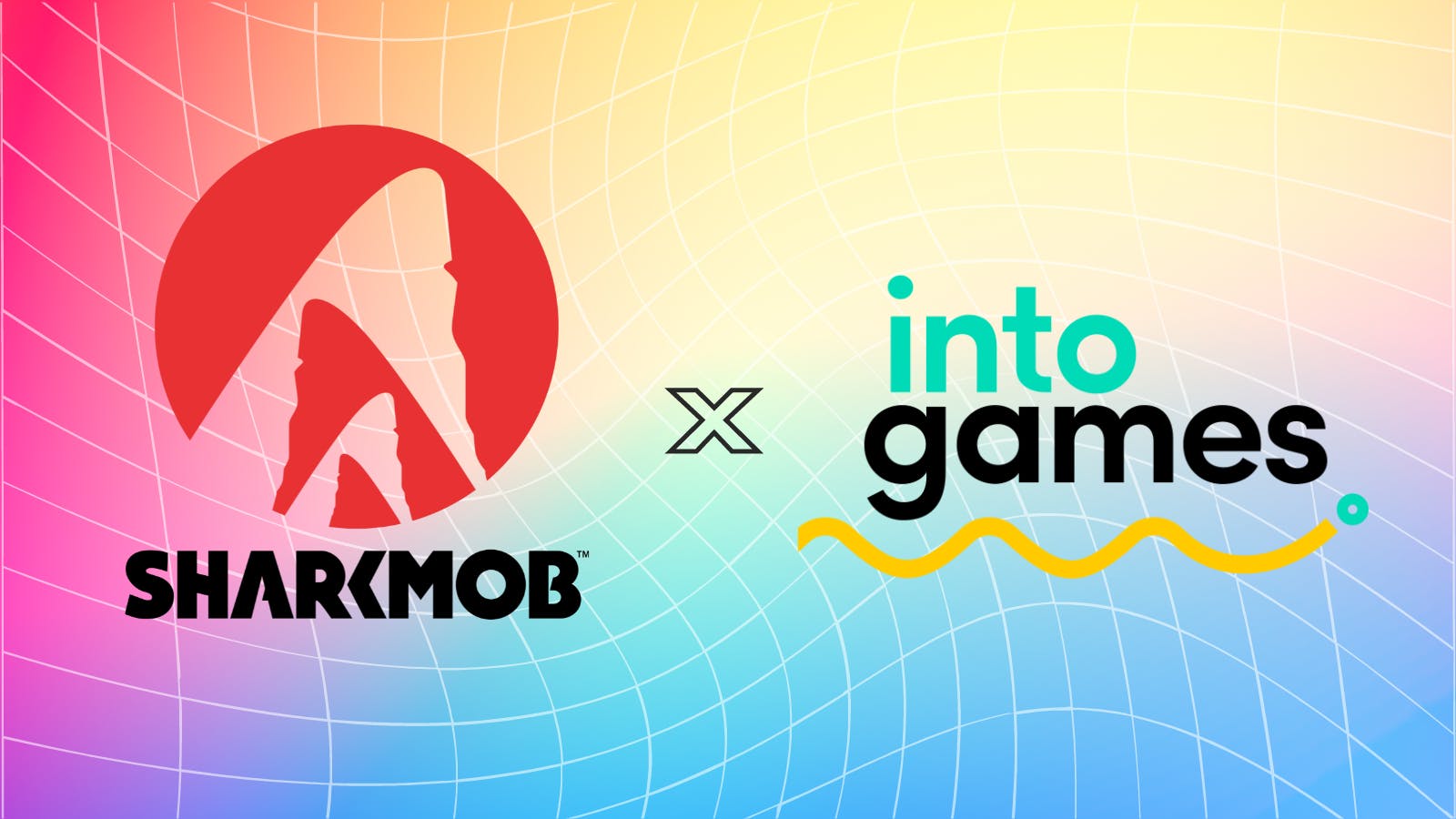YOUR LEARNING JOURNEY
Some, but not all, people working as a Games Designer have a degree in Game Design. Above all, you should be someone that loves designing things, creative problem-solving and collaborating with others.
As a professional, you’ll be bringing to life concept art by using a range of tools that may include Blender, Maya and ZBrush, as well as game design programs (engines) like Unity and Unreal. We recommend using our tool picker to help you choose the right ones for your current level and purpose.
Working in the games industry is highly competitive and you’ll need to make sure your portfolio (a collection of your best work) stands out to employers and course leaders.
As a Games Designer, your work should showcase games you’ve designed, showcasing your development process from concept to prototypes and finished work. You should show a range of technical skills and an understanding of fundamental game-design principles. For more general ideas on developing your portfolio, see our top tips page.
Whatever role you are working in, it is essential that you understand the game making process. You can head to our build a game section for first steps; join a regular game jam to build up your skills & network; or start modding others games to gain experience.
.jpeg?ixlib=gatsbyFP&auto=compress%2Cformat&fit=max&rect=0%2C73%2C1162%2C952&w=453&h=371)


.png?ixlib=gatsbyFP&auto=compress%2Cformat&fit=max&w=1600&h=900)


.png?ixlib=gatsbyFP&auto=compress%2Cformat&fit=max&w=1600&h=900)
.png?ixlib=gatsbyFP&auto=compress%2Cformat&fit=max&w=1600&h=900)